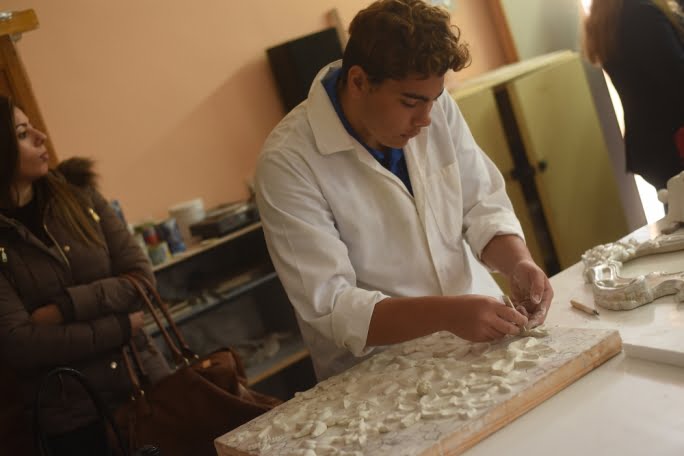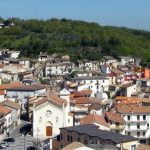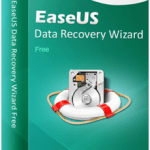

I am one to believe that in 2013 the sun did not shine on the education sector. A lot has been done over the decades and over the past 20 years education has seen good progress, especially in support services.
In my view, there was a lot of good but also a lot of room for improvement. I think the system was rigid and dull, not truly engaging students but giving them an experience which students did not relate to. One of my priorities was to fix this, because there was clear evidence that the one-size-fits-all model, whereby you’re offering the same experience to different people with different characters and abilities, was not delivering.
Of course, you had a lot of students doing well and moving to greener pastures, but there were also a huge number of students being left behind. The educational experience being offered was not engaging and they were out of sync with the rest of the class.
Over the past four years, we have introduced alternative pathways to cater for these young people. The Alternative Learning Programme is a vocational alternative to the traditional educational system where we offer hands-on experiences to secondary level students. It has been a great success, we’ve had remarkable turnarounds in young people, who changed from disillusioned and unmotivated to high-risers.
I can say that seeing their parents so proud when they graduated from this programme was an immense joy. In politics, you get a lot of toxic language and unfair criticism but days such as these make it all worth it. Building on this, we’ve opened further pathways for young people, such as the Prince’s Trust. We’ve also introduced focused safety-net programmes such as the Gem16+ for those who didn’t get enough ‘O’ levels but would like to have another go, and revision classes for those who didn’t do well in the May ‘O’ level session and need more tuition, free-of-charge, for the September session.
After these building blocks, we launched the My Journey proposal a few months back, which will see the vocational and applied elements found in other programmes being injected further into the secondary level. This will mean that students in secondary schooling will have a much more diverse menu of experiences, with the ultimate goal being that there is something which fits the different abilities of young people.
We’ve looked at a number of educational systems when we’ve proposed these changes. The Finnish and German models were particularly interesting, however this is a Maltese system and not a copy-paste model. It deals with the local realities and needs and fits with the local narrative of what educators, parents and children have long been asking us to introduce.
Bridging the educational side with the employment end is also a priority. We’ve worked tirelessly to introduce initiatives such as the Youth Guarantee and Active Labour Market Policies, which have been a rounding success. Unemployment levels have gone down, and youth unemployment in Malta is among Europe’s lowest. The skills gap is still relevant – we have to challenge the underemployment issues in the labour market. But we can only do that if we provide even more training and up-skilling programmes that provide the incentives for people to build their skills and provide more value, and, in turn, an improved competitive edge, in their jobs.
We have done a good deal these past four years. We’ve made a lot of progress and we’ve achieved many goals. Education is part of a long list of achievements of this government. Health, civil rights, the economy, cleaner air, social justice are among the areas where more has been done than was expected. But more can be done. More can be achieved, and we should not stop half way. In education, we’ve had a silent revolution which needs to continue. Ultimately, it’s about not turning the clock back.
Evarist Bartolo is minister for education and employment
[“Source-maltatoday”]




